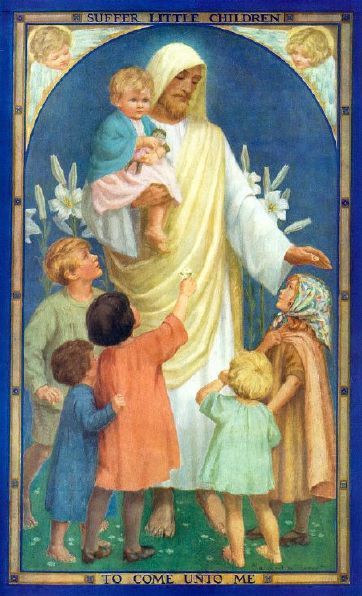We start the morning at the height of celebration, parades
and cries of Hosanna In The Highest… About half way through we are in the midst
of a stark play of dire monologues, death, despair, dispersion and cries of
Crucify Him… and then we try to make sense of these opposing spaces in the
midst of the Eucharist.
To be honest I am not a huge fan of Palm/Passion Sunday
liturgically. I honestly think that this is the one Sunday of the year that our
liturgies are simply not ready to even try to maintain. I think that is why it
so often is an over the top production in parishes, by making so much of it we
can ride the wave of the day without ever plunging into the depths. We put on
the biggest show on earth in order to avoid looking at what is going on behind
the curtain.
There is a problem facing the church, the community as a
whole faces it and the individuals in its must grapple with it personally. On
one level there is the constant call for self-denial, purgation, and
recognition of our sins. This is a historic reality, it is where many of our
older liturgies call us, it has, for good reason, faced much criticism over the
past half a century. On the other level is this constant call for rejoicing in the
grace of God, being assured of our own blessedness, and recognition that we are
children of God and God is well pleased. This is a historic reality, but one to
which we have been perhaps overly fond of over the last half a century as we
engaged in a necessary response but, in my mind, too often have overdone it.
My guess is that everyone is aware of the problem of overly fixating on self denial, purgation, and recognition of our sins. We have been deconstructing that one for half a century. The issue is that there is an equal problem with overly fixating the assurance of our own blessedness, of rejoicing in the grace of God, of knowing that we are beings in whom God is well pleased. The blunt reality is that we are not living in full harmony with the will of God and that we need to regularly stop and work out what is blocking us from being in such a state. If we don’t do that we are entering into a cheap ephemeral grace, a grace that only meets us at the points where we are willing to look, not the Grace of God which meets us in the midst of the points in our lives where we strive to never look.
Palm/Passion Sunday is the day that these two realities are presented to us at one time. It is the day that calls us to confront fully both at the same time, to be called from one to another and back again in the course of a single service. It is the day that is supposed to restart a perpetual motion in the church and in each worshipper to forever be moving from one place to another, to never be too caught up in our sinfulness as to not encounter grace, but also never so caught up in the idea of grace, that we do not allow us to encounter it meeting our sin.
So the question, in the end, is can we get the Christian Perpetual Motion machine going? We have gotten unstuck from quagmire of self-denial and focus on sin and deprivation that we were caught in so long... but have we in the midst of that become too ungrounded and refuse to recognize that our feet are quite dirty and in need of a wash. If we cannot constantly be looking for the movement of our selves and our communities in and about both realities, our sinfulness and our gracefulness, then we will never be able to fully engage the reality of either.

